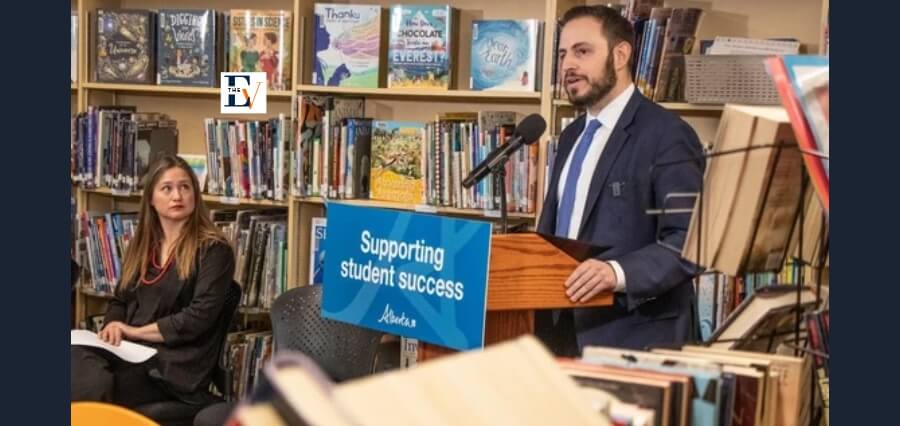By 2030, 1 million people will apply for higher education, an increase of up to 30% per year. The university application service UCAS recommends a concentrated effort to increase student enrollment.
Overview
In 2017, 767,000 people in the UK applied for higher education. By the end of the decade, this number could rise by up to 30%, according to UCAS projections. Due to the rise, universities will need to increase the number of places they offer while maintaining educational standards.
However, as real-term funding for higher education decreases, sector leaders have expressed concern that there may not be enough high-quality places to meet demand.
Clare Marchant, chief executive of UCAS, stated, “It is pivotal that these learners have access to a steady supply of excellent opportunities, and that the needs of disadvantaged children are not overlooked during this time of elevated competition.” This is not only an educational problem but also a financial one.
According to UCAS, nearly three-quarters of applicants to higher education accepted a university or other post-high school course last year.
End Note
The UCAS-expected rise is caused by a slight birth rate increase expected to increase the number of 18-year-olds over the next decade. In 2030, an additional 457,000 18-year-olds could apply for higher education, a 38% increase from the current number.
However, inflation has reduced the funding available to UK students, whose tuition fees have frozen at just over £9,000 since 2012. Universities were warned that they are not motivated to create new spaces and lose money on some UK students.






